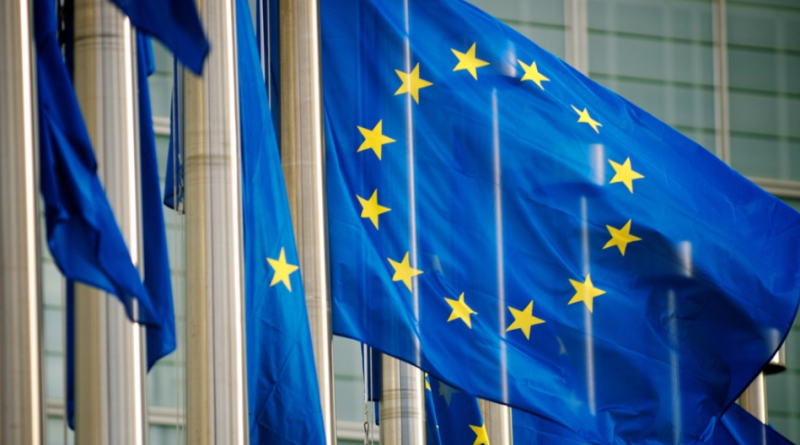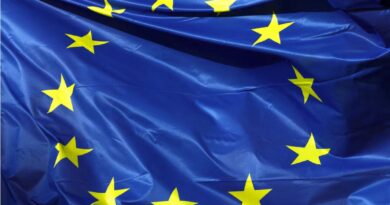CDP Strengthens Alignment with European Sustainability Reporting Standards
Climate research provider and environmental disclosure platform CDP and the European Financial Reporting Advisory Group (EFRAG) announced today that they have achieved a high degree of commonality and interoperability between CDP’s disclosure platform and the EU’s recently adopted European Sustainability Reporting Standards (ESRS).
The organizations added that they will continue to work together to further align the CDP system and ESRS standards, in order to help reduce the reporting burden for companies disclosing across multiple sustainability reporting standards.
Sherry Madera, CEO of CDP, said:
“At CDP, we continue to evolve our disclosure system to meet changing market needs, always guided by our ‘write once, use many’ philosophy. By collaborating closely with standard setters like EFRAG, we’re working towards a more efficient global environmental disclosure ecosystem that benefits both reporting organizations and data users alike.”
CDP runs a global environmental disclosure system, enabling investors and other stakeholders to measure and track organization’s performance in key environmental sustainability areas including climate change, deforestation, water security, and plastic-related impact. In 2023, a record of more than 23,000 companies disclosed through CDP, up 24% over the prior year, and representing companies worth $67 trillion, or more than 66% of global market capitalization.
EFRAG was mandated by the European Commission in June 2020 to prepare new EU sustainability reporting standards. The ESRS, developed by EFRAG, and officially adopted by the European Commission in 2023, set out the rules and requirements for companies to report on sustainability-related impacts, opportunities and risks under the EU’s Corporate Sustainable Reporting Directive (CSRD). The CSRD began applying to some companies as of the beginning of 2024, and will significantly expand the number of companies required to provide sustainability disclosures to over 50,000, introducing more detailed reporting requirements on company impacts on the environment, human rights and social standards and sustainability-related risk.
The announcement follows an agreement last year between the organizations aimed at maximizing alignment between the CDP and ESRS. As a result of their collaboration, CDP and EFRAG said that their joint mapping efforts “revealed a substantial commonality between CDP’s questionnaire and the ESRS climate standard (ESRS E1),” enabling companies reporting under ESRS E1 to easily complete CDP disclosures, and for CDP disclosing companies to prepare for the CSRD’s climate reporting requirements.
According to the organizations, companies representing 90% of European stock markets currently disclose environmental data on the CDP platform.
Patrick de Cambourg, Chair of the EFRAG Sustainability Reporting Board, said:
“Our ongoing work on datapoint mapping is a major step forward since it is designed to ultimately align to the maximum extent possible the CDP questionnaire with the ESRS disclosures in order for the users of the CDP platform to benefit from a straightforward digital reporting mechanism.”
Going forward, CDP and EFRAG said that they will release comprehensive mapping in early 2025 detailing the commonality and interoperability between CDP and ESRS E1, and will continue to cooperate to further strengthen alignment, while CDP will also deliver insights on ESRS-aligned response data to the market.
Source: esgtoday.com




